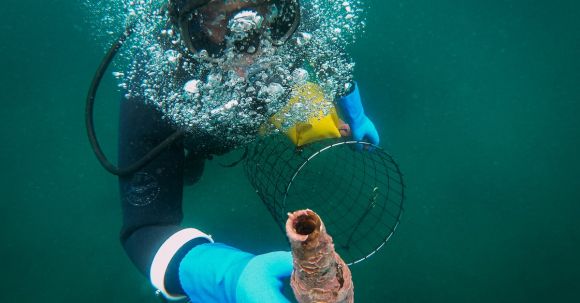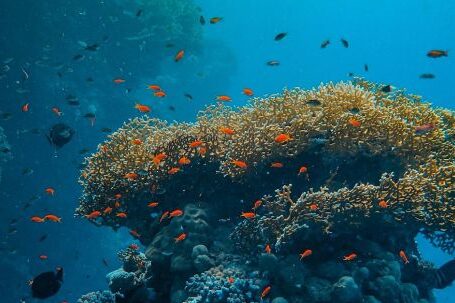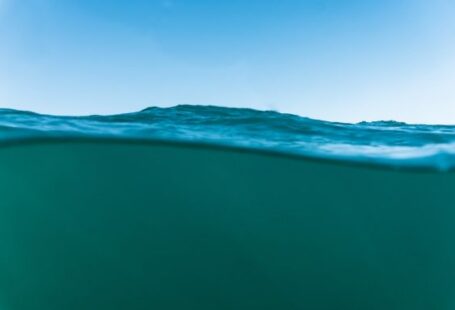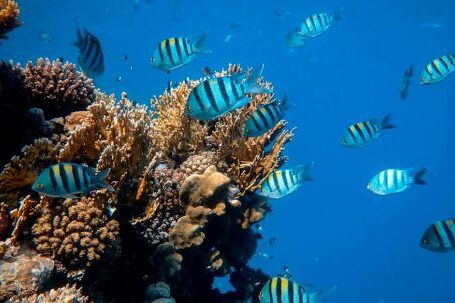Diving is an exhilarating experience that allows us to explore the magnificent underwater world. However, it is important to remember that as divers, we have a responsibility to minimize our impact on marine ecosystems. By following proper diving etiquette, we can ensure the preservation of these fragile environments for future generations. Here are some guidelines to help us dive responsibly and respectfully.
Choosing the Right Dive Sites
When selecting dive sites, it is essential to choose those that have been designated for diving. Avoid diving in areas that are protected or restricted, as these areas are often crucial for the conservation of marine life. Research and choose dive operators that actively promote responsible diving practices and prioritize the protection of marine ecosystems.
Avoid Touching Marine Life
One of the most important rules of diving etiquette is to never touch marine life. While it may be tempting to reach out and touch a colorful fish or coral, it can have severe consequences for the delicate balance of the ecosystem. Touching marine life can cause stress or injury to the organisms, disrupt their natural behaviors, and even introduce harmful bacteria or chemicals to their environment. Instead, admire marine life from a distance, allowing them to go about their natural activities undisturbed.
Practice Proper Buoyancy Control
Maintaining good buoyancy control is not only crucial for your safety but also for the protection of marine ecosystems. Poor buoyancy control can result in accidental damage to coral reefs or other underwater structures. By mastering your buoyancy skills, you can effortlessly glide over the reef without causing harm. Regular practice and proper training can help you achieve this level of control.
Do Not Feed Marine Life
Feeding marine life, whether intentional or unintentional, can have detrimental effects on their natural feeding behaviors and disrupt the balance of the ecosystem. It can also lead to an increased dependency on human food, which can be harmful to their health. Refrain from feeding fish or any other marine creatures during your dives, and encourage others to do the same.
Respect Coral Reefs
Coral reefs are fragile and vital ecosystems that provide shelter and food for countless marine species. Be cautious when swimming near coral formations, as even the slightest touch can cause irreparable damage. Avoid standing on or kicking coral, and be mindful of your fins to prevent accidentally breaking off fragments. By treating coral reefs with care and respect, we can help preserve their beauty and biodiversity.
Properly Dispose of Waste
As responsible divers, it is our duty to minimize our impact on the marine environment by properly disposing of waste. Avoid throwing any trash or discarded equipment into the water. Instead, bring a mesh bag to collect any litter you encounter during your dive. Remember to also dispose of waste properly on the boat or at designated waste facilities after your dive.
Spread Awareness
Lastly, one of the most effective ways to protect marine ecosystems is to spread awareness about responsible diving practices. Share your knowledge and experiences with others, both within the diving community and beyond. Encourage others to dive responsibly and highlight the importance of preserving the underwater world for future generations.
In conclusion, practicing diving etiquette is essential for respecting marine ecosystems. By choosing the right dive sites, avoiding touching marine life, practicing proper buoyancy control, refraining from feeding marine creatures, respecting coral reefs, properly disposing of waste, and spreading awareness, we can ensure that our dives have a minimal impact on these fragile environments. By following these guidelines, we can enjoy the wonders of the underwater world while preserving it for generations to come.





